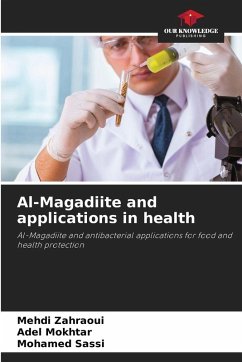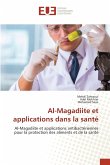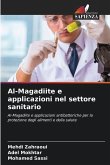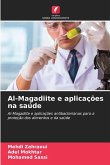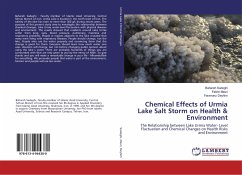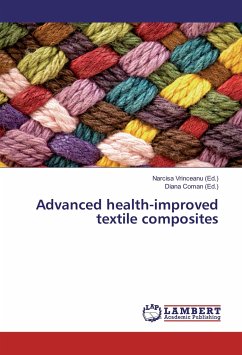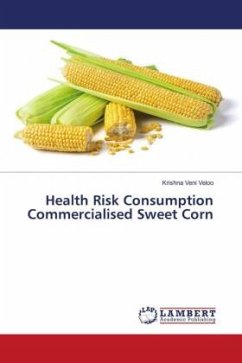Bacteria are microscopic living organisms, which can be found everywhere and can cause dangerous diseases. Over the past decade, new classes of inorganic composite materials with antibacterial properties have been developed. The idea was to charge clays, zeolites or even mesoporous materials by various methods with one or more metal cations with antibacterial properties, such as Ag+, Cu2+. These materials were used as supports because of their ion exchange capacity, high specific surface area, absorption capacity and negative surface charge, as well as their low or zero toxicity. Composite materials such as Al-Magadiite-Cu have given rise to diverse applications in fields as varied as catalysis, the environment, health and nanotechnology.
Bitte wählen Sie Ihr Anliegen aus.
Rechnungen
Retourenschein anfordern
Bestellstatus
Storno

